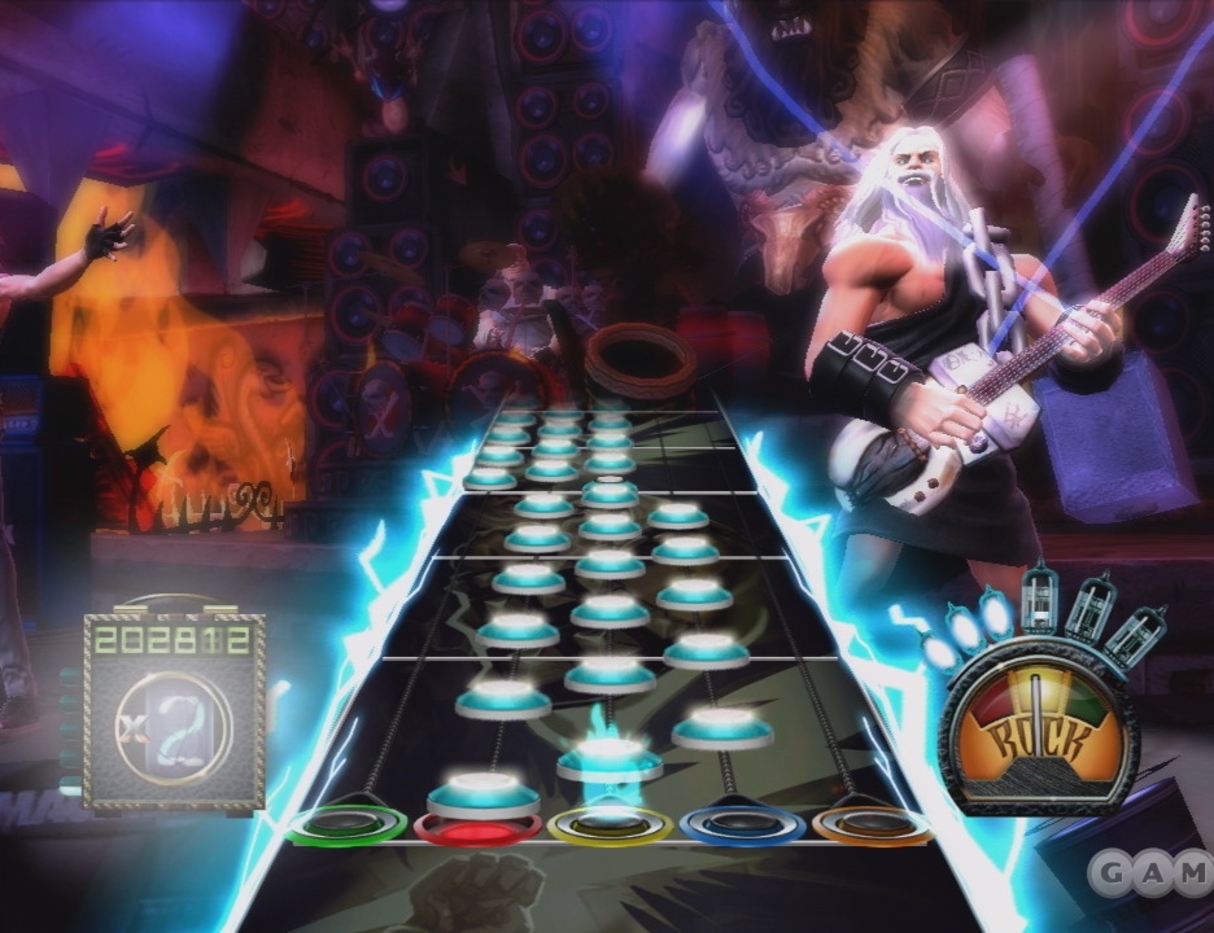



“Just being fans of the franchise, we didn’t want to f*** it up,” says Flores.
NEXT GUITAR HERO GAME CODE
Neversoft had its own mountain to climb, starting from scratch with none of Harmonix’s programming code to build upon. “It was our breakthrough game and we are very proud of having created it.” “Obviously, Guitar Hero is dear to our hearts,” he says. “We put it on a projector in the back room,” recalls Alan Flores, GHIII’s Lead Designer, “and then suddenly every week, we were having a big Guitar Hero party.” Rigopulos and company went on to create Rock Band, even if it was hard to let go of their creation. However, by the second sequel, Harmonix had been acquired by MTV Games, and the third GH installment would be handled by Neversoft - themselves enormous fans of the series. Among the game’s biggest fans: Activision, which acquired RedOctane and the Guitar Hero name, then worked with Harmonix to bring Guitar Hero II to market the next year. “Basically, as fast as RedOctane could make the guitars, the games were selling to retail and selling out,” recalls Rigopulos.
NEXT GUITAR HERO GAME PS2
Word of mouth propelled the original PS2 game to better and better sales throughout the 2005 holiday season, and well beyond. We decided to do it – and of course, Guitar Hero happened.”Īnd oh, how it happened. They had no experience in publishing.” It was a destiny moment: Do you focus on staying afloat with base hits, or do you go for that blockbuster? “This was the game we had been dreaming of making for years,” admits Rigopulos. They had no money or marketing resources. “They were this tiny company – they were like half the size we were. Would Harmonix be interested in making that game? “In the beginning, we were kind of reluctant,” says Rigopulos. RedOctane wanted to make a guitar controller, but they didn’t have a game to go with it. When a small publisher named RedOctane approached Harmonix with a request, it was backwards. Harmonix had also worked with Konami on Karaoke Revolution with success, but even Rigopulos says “they weren’t blockbuster hits, they were base hits.” Frequency and Amplitude brought innovative music gameplay on PlayStation 2, following the trail blazed by Parappa the Rapper, Um Jammer Lammy, and Konami’s Japan-only Guitar Freaks. And when you look back far enough – past the millions of copies sold, past the weekend parties, before the game became a pop-culture milestone – his skepticism is actually very understandable.Īt that point in history – 2005 - Harmonix had created several high-quality games, but none that were megahits. Prophetic words from Alex Rigopulos, CEO of Harmonix, recalling the early days of Guitar Hero. “We thought, there is no way this game is going to be successful.”


 0 kommentar(er)
0 kommentar(er)
